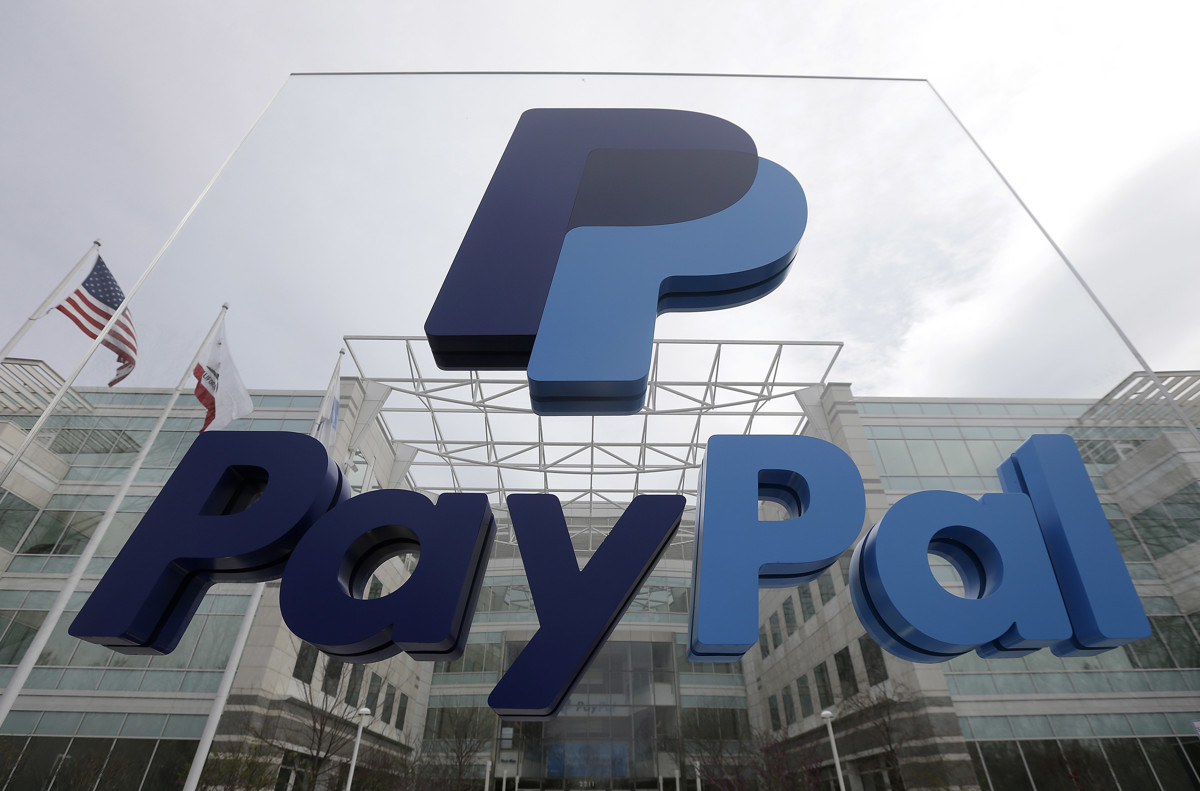SALT LAKE CITY — What’s in your digital wallet? And do you trust it? Banks are planning an online payment app that would compete with third-party wallets such as Venmo, PayPal, Apple Pay — but would include financial protections.
Welcome to the show
Robert Spendlove, a Salt Lake County Republican representing District 42 and an economic and public-policy officer at Zions Bank, joins KSL NewsRadio’s Dave Noriega and Debbie Dujanovic to discuss interconnectivity with the many financial apps.
Dave has a bit of a problem with those various online payment options; they are not integrated.
“If I use Venmo, I should be able to pay you on Apple Pay, right? You shouldn’t have to have a Venmo account and an Apple Pay account, but that’s not how it works right now.”
Spendlove said banks are aiming for an app that their customers can trust for their money transfers.
“I was just talking to someone who’s 25 years old and he had zero cash in his wallet. But he uses Apple Pay and uses Venmo on a daily basis,” Spendlove said. “We’ve got the problem — it’s kind of a Wild West, where we have different systems . . . and there is a real problem with fraud, with identity theft, with financial stuff. So what banks are trying to do is they’re trying to create a system that you can trust.”
App, banks and fees
“So why can’t they all work together?” Dave asked.
Spendlove said integration between competing apps is the ultimate goal. He pointed to the cryptocurrency collapse as an example of an absence of trust.
“We felt we could trust FTX, and then in one week it collapsed, and people lost billions of dollars,” he said. “And so what we’ve got is we’ve got these different competing systems, whether it’s Venmo or Apple or PayPal, but they’re not really part of the regulated banking industry.
“So the reason you can trust your bank is that it has insurance. It has protections; it has government regulation, state and federal regulations protecting your money. . . If you’re storing your money in a bank, you have those protections. So it’s trying to bring that level of protection [to an app],” Spendlove explained.
“And that’s what Zelle would do?” Debbie asked.
“That’s what Zelle would do. And that’s what that regulatory framework would provide to people,” he said.
“If I use Venmo and Dave gives me $50 for the lunch I bought him . . . that’s not going to be FDIC insured?” Debbie asked.
“It’s not. In fact, if you do peer-to-peer money transfers, once you send that money, it’s gone,” Spendlove said. “We’ve seen this kind of explosion of fraud in these peer-to-peer transactions. . . . There is some protection, but not the level that we’re hoping to achieve with bringing this into a more formalized system.”
Bank fees
Dave said one of the reasons he dislikes his bank is all the fees he is charged.
“Part of the reason I like Venmo, for example, is I can store the money, I can share it. There are no fees tied to it . . . What have you heard with this new bank-run program? Would there be a bunch of fees attached to it?” he asked.
“I don’t know the specifics yet, but I would guess that it would be either no or very low fees,” Spendlove said. “There is a cost of providing all of these [services] — so if there’s no cost, you have to wonder, how are they making money?”
Dave & Dujanovic can be heard weekdays from 9 a.m. to noon. on KSL NewsRadio. Users can find the show on the KSL NewsRadio website and app, as well as Apple Podcasts and Google Play.





